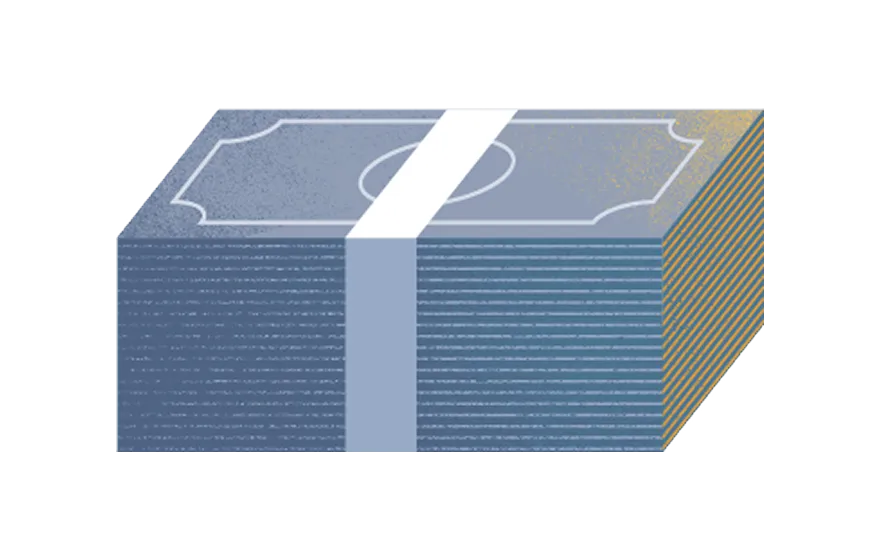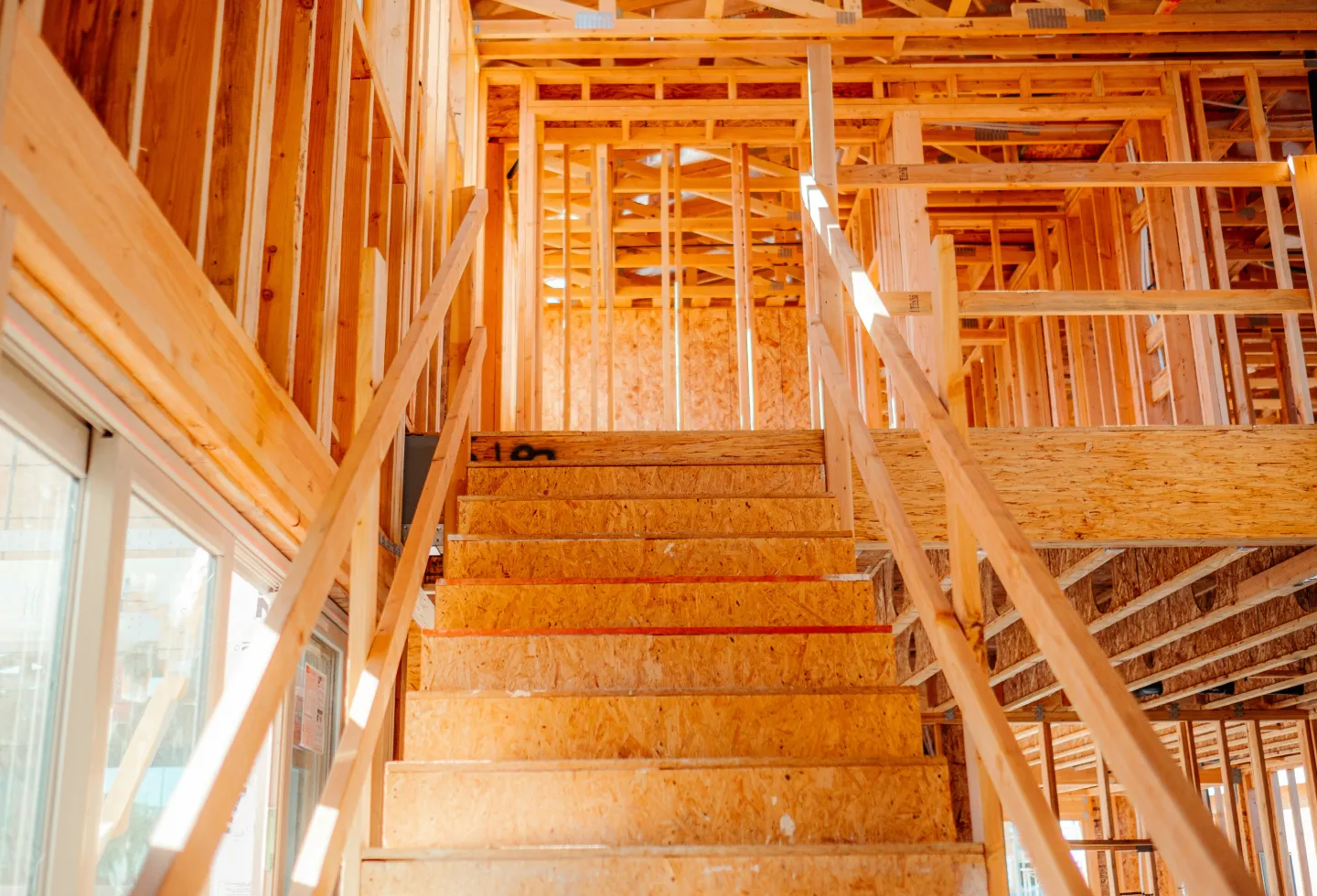You may have found your dream home, but oftentimes, when it comes to your mortgage, it’s not exactly a match made in heaven. That’s where refinancing a mortgage can come in handy, but it comes with real costs, too. Most lenders charge between 2% and 5% in refinance closing costs, so it’s not exactly something you’ll want to be doing every month.
So, when should you refinance your mortgage, then? The answer ultimately depends on the reason why you’re doing it in the first place. Refinancing your mortgage can help you move closer to your financial goals, or it can have the opposite effect. Let’s see some of the most common reasons why people choose to refinance, and when it makes sense in each situation.
When should I refinance my mortgage?
The best time to refinance your mortgage depends on your goals. First, though, it helps to have a bit of a refresher on how refinancing allows you to change different features of your loan, each of which can be used to accomplish different goals at different timelines:
- Loan type: Fixed-rate loans often carry higher rates, but they don’t change over time. Adjustable-rate mortgages (ARMs) offer lower rates initially, but these rates can fluctuate.
- Term length: Shorter loan terms mean higher monthly payments, but you’ll save money on interest over time. Longer loans result in smaller monthly payments, but you’ll pay more interest in the long run.
- Interest rate: Smaller interest rates can help shrink your monthly payment and save money on interest in the long run, too.
- Loan amount: Borrowing more than you need to repay your current mortgage means you’ll receive the extra as cash, which you can use to finance just about anything.
Now that we’ve seen the different factors you can change by refinancing, let’s see how people use them to achieve different goals.

You want to tap into home equity
Cash-out refinances are a popular way for homeowners to tap into their home equity for various uses, such as home improvements, debt consolidation, or starting a business. The process is straightforward: instead of refinancing for the exact amount of your current mortgage, you take out a larger loan. Your lender will then issue a check for the difference, which you can cash and use as you see fit.
A cash-out refi is particularly advantageous if you can qualify for better terms than on your primary mortgage, such as getting a lower interest rate or opting for a fixed-interest loan instead of an ARM. It can, however, increase your long-term borrowing costs because instead of paying interest on that additional debt for 10 years, as with a typical home equity loan, you’re spreading out the cost over 15 to 30 years with your new mortgage. That can result in paying more interest over time.
You want to pay less interest over time
Mortgages are already some of the lowest-interest debts in today’s market, but that doesn’t necessarily mean you’re paying less interest overall. These days, the typical bank charges 6.84% on a 30-year fixed-rate mortgage. On a median-priced, $401,800 home, that 6.84% interest rate means you’ll end up paying $436,000 in interest by the time the loan is paid off — more than the actual price of the home itself.
So, while interest rates are generally small, the total amount of interest you pay in a typical mortgage can be enormous.
Refinancing for a smaller interest rate and/or a shorter term length can be one easy way to bring those costs down, though. If you refinanced to a 15-year term length and were able to reduce your interest rate by a full percentage point, for example, your monthly payment will go up by an extra $238. In return, however, you’ll save nearly $115,000 in interest by the time you repay the debt.
Keep in mind, however, that you don’t necessarily have to refinance to pay down your mortgage faster. If you’re happy with your current mortgage or if refinancing isn’t an option, you can also just send in extra money to your mortgage lender each month on your own.
You want to pay off your mortgage faster
There are many reasons why you might want to pay off your mortgage ahead of schedule. You can save a lot of money on interest by paying it off sooner, for example, and free up a big chunk of your monthly budget. Older homeowners often strive to pay off their mortgage before entering retirement. It’s one less bill to worry about paying on a fixed income, after all.
Either way, refinancing your mortgage can help you achieve this significant goal much faster. If you can qualify for a lower interest rate or a shorter term length — or, ideally, both — you can often pay off your mortgage years sooner and potentially save many thousands of dollars on interest.
You want to lower your monthly payments
A major reason why people refinance is to get more manageable monthly payments. This can help free up cash flow for other expenses or adjust your monthly mortgage payments to a more sustainable level if your income has decreased. There are two main ways to lower your monthly payments by refinancing.
Refinancing for a lower mortgage rate, especially if your credit score has improved, can help shrink each payment. Stretching your loan out from a 15-year mortgage to a 30-year mortgage can also make each payment smaller, if you’re comfortable doubling your loan term. Even refinancing from a 30-year loan to another 30-year loan can help shrink each payment if some time has passed since you started repayment.
You want to switch to a fixed-rate mortgage
Adjustable-rate mortgages are popular with many new homebuyers because they generally charge lower rates than fixed-rate loans, at least in the beginning. Over time, those adjustable rates can adjust upward or downward. If you took out your ARM in a low-interest-rate environment, chances are your interest rate will only go higher — and bring your monthly payment along for the ride, too.
Having your monthly payment amount jump up can be especially challenging, given the size of most mortgages. In those cases, refinancing your ARM to a fixed-rate mortgage can be especially helpful in stabilizing your housing costs. Your monthly mortgage payments won’t change after that, aside from small annual adjustments to your escrow withholdings for property taxes and insurance.
Stable monthly payments are easier to plan for in your budget, too, especially if you put them on autopay.
You want to get rid of private mortgage insurance (PMI)
Lenders tack on extra charges for mortgage insurance on some types of loans if you make a smaller down payment. Putting less than 20% down on a conventional mortgage, for example, can cost you a significant amount extra each month.
There are often provisions for canceling these extra charges once you’ve built up sufficient equity in the home, but some people can’t take advantage of them because of exclusions in the fine print. For example, making late payments could be enough to disqualify you from early cancellation.
In those cases, refinancing — provided you have sufficient equity to avoid PMI on your next loan — may be the only way you can remove it early and take advantage of those extra monthly savings.
When should you avoid refinancing?
Refinancing can solve many problems, but it can also create new ones, too. In some cases, refinancing may not be a good idea.
- You’re selling your home soon: It can take a few years to recoup your refinancing costs, making it a better option if you’re planning to stay in your home for at least the near future. If you sell before that time, you may be unnecessarily spending extra money.
- You’ve reached the amortization tipping point: At some point near the midpoint of your loan, more of your payments will go toward paying down the balance than to interest. Refinancing resets that, though, so it’ll take longer to pay off your home.
- You’ll be applying for more credit soon: If you have plans to take out a new debt within the next year, such as an auto loan, student loan, or credit card, refinancing can interfere with those plans because lenders will see a hard credit inquiry on your report.
- You’re using cash-out refinance funds for day-to-day expenses: There are many good reasons to do a cash-out refinance, but paying for everyday living expenses isn’t usually one of them. You only have a finite amount you can use, and once you’ve exhausted that, you may lose your home in foreclosure if you can’t afford those payments.
Frequently asked questions
At what point is it worth refinancing a mortgage?
Homeowners refinance their mortgages for various reasons, so it's essential to be clear about your goals. That gives you an objective measure. If you’re trying to save money in the long run, for example, a shorter-term refinance can help you do that. Refinancing for a longer term can save money on each monthly payment, but you’ll pay higher costs in the long run.
How do I know when it's time to refinance?
Oftentimes, if interest rates have gone down and/or your creditworthiness has increased since you first took out your home loan, then chances are you could get a lower interest rate by refinancing. You can check your potential loan options without harming your credit as long as the lender performs a soft credit inquiry.
How long should you wait before refinancing your mortgage?
There aren’t any specific rules about how long to wait before refinancing. You can refinance again almost immediately, but most experts recommend waiting a few years until the benefits from saving money outweigh the costs from refinancing.
How can I tap equity without refinancing?
There are several ways you can borrow against the equity in your home without refinancing. Second mortgages, like home equity loans and lines of credit (HELOCs), are popular options. Home equity investments (HEIs) and reverse mortgages (for those 62 and over) also allow you to leverage your home equity without refinancing or monthly payments.

Final thoughts
Refinancing your mortgage is no small undertaking, and it pays to consider all of the potential benefits against the full range of costs. There are many refinancing calculators you can use online to help you run the math, but remember, at the end of the day, the decision is ultimately up to you and your lender.
No income? No problem. Get a home equity solution that works for more people.
Prequalify in 60 seconds with no need for perfect credit.
Show me my offer
Frequently asked questions
.png)
Thank you for subscribing!
.webp)















